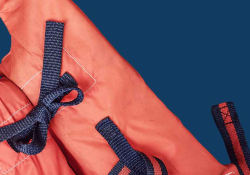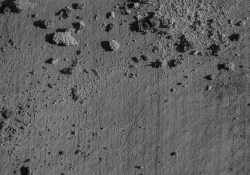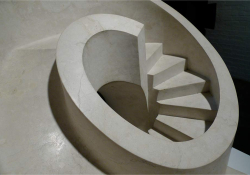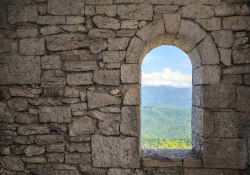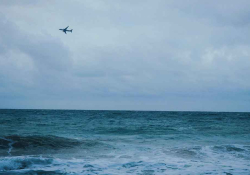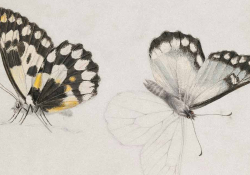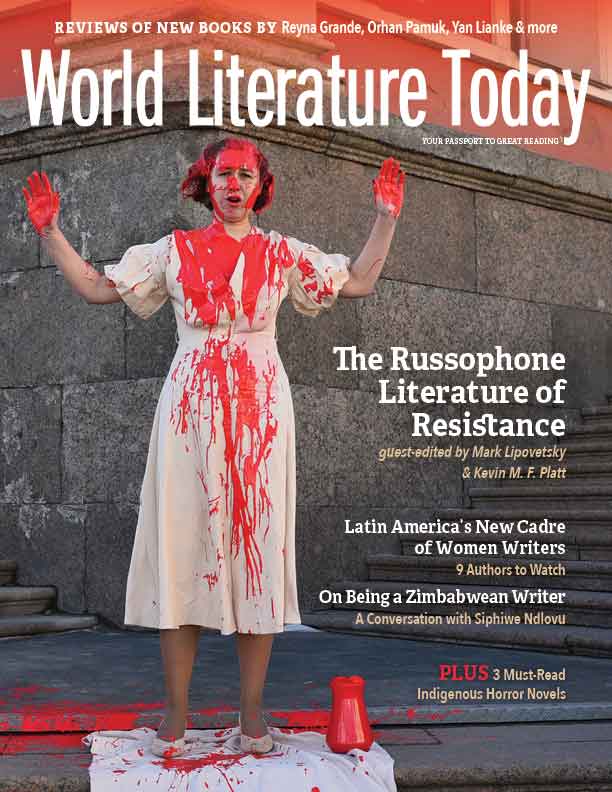“mama is laughing haha . . .”

mama is laughing haha
papa is laughing haha
you sound so funny in Azerbaijani
you don’t pronounce the words right
you have a terrible accent
a mercury-stained mess in the middle of your mouth
you talk, and beads of mercury fall from your mouth
scattering and poisoning everything around
do you remember, sister,
when we broke the thermometer
and hid the strange green beads under the couch
so nobody would ever see anything
so nobody would ever find out what we’d done
we hid under the blanket and pretended to be asleep
the mercury beads hug the floor
kiss us on the lips
indecently, improperly
mama says: you should know your own language
papa says: you’ve gone completely Russian
if I hadn’t come to this country,
my kids would be normal
my kids would have grown up normal
do you remember, sister,
how ashamed we were
to be Russified kids
who grew up in a foreign land,
to be rus bala, rus bala1
ata-can,2 can you ever forgive me,
bring these foster kids into your family,
make us a bed on the floor?
they tell the bus driver: talk Russian, you’re in Russia now
I sit in the back and read the Koran
there’s a woman constantly turning to look at me
for her, I’m like an injection of mercury beads
she wants to tell me
you’re in Russia now, but I’m already getting out
the way you write isn’t quite Russian, K tells me,
forgive me, please, I won’t
I can’t do it any other way
sorry, K, I can’t do it in Russian
I get out on this street
I walk to the dorm where good and bad daughters live
where Russified kids live with their sad parents
where Nino, the Georgian woman who raised me, lives
we hold hands and form a chain,
we are a chain of mercury beads,
fragile, not poisonous.
Translation from the Russian
1 In Azerbaijani, “Russian child”
2 “father dear”
Born in 1975 in Soviet Ukraine, Linor Goralik is an artist, writer, and poet who lives in Israel and addresses Russian-speaking audiences across the world. In 2022 she began to produce a series called A Few Icons about the War, including these works after the start of Russia’s invasion of Ukraine in February 2022. In 2022 Goralik founded the internet journal ROAR: Russian Oppositional Arts Review, for which she serves as chief editor.





